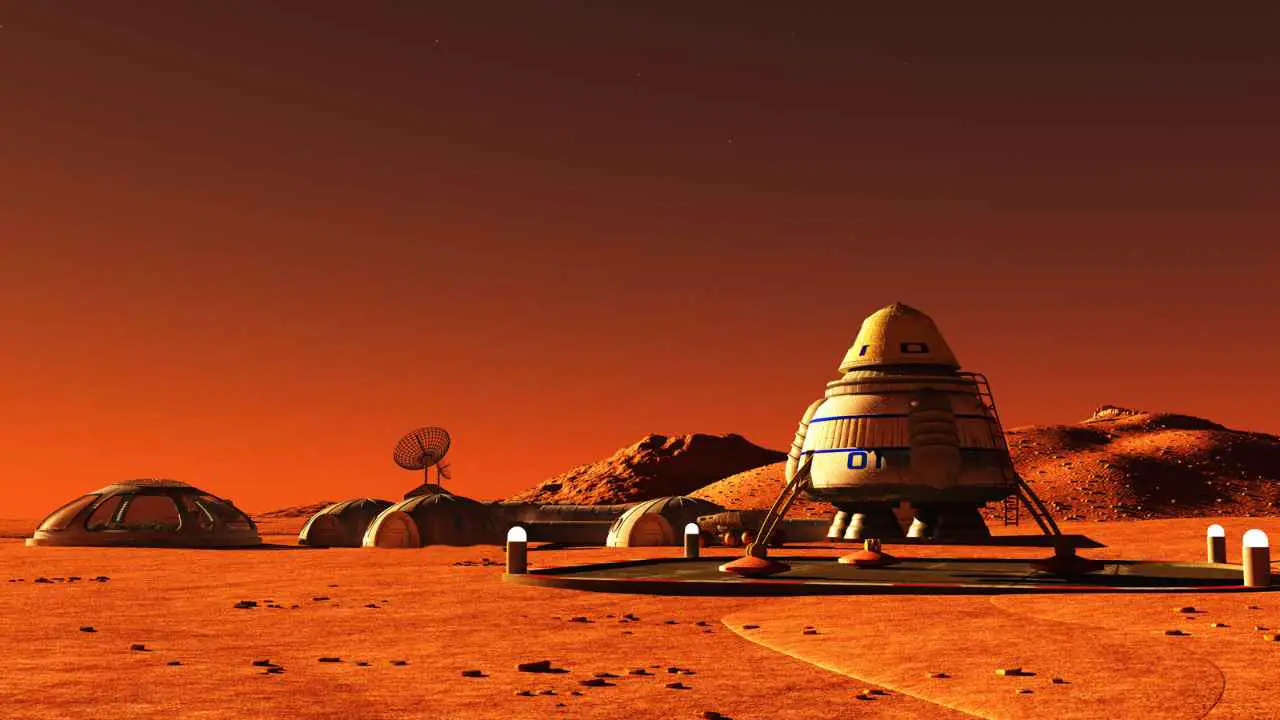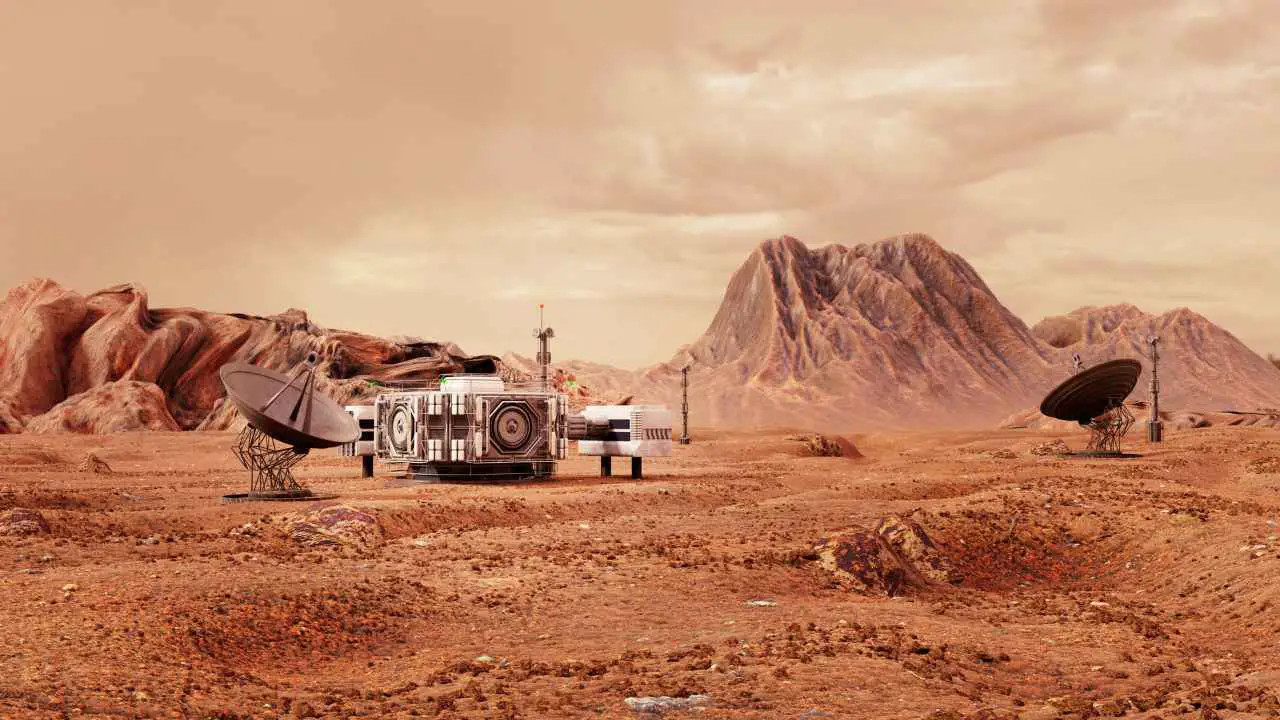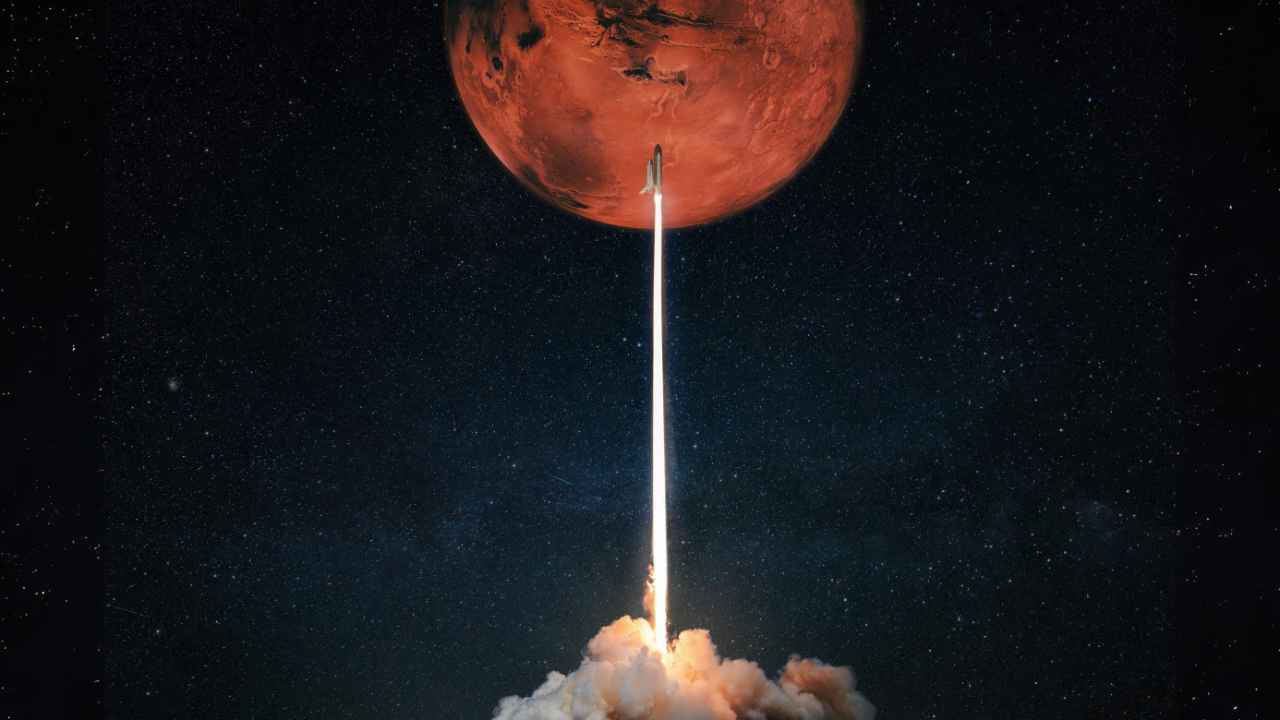The dream of setting foot on Mars has transitioned from the pages of science fiction novels into tangible goals set by space agencies and private companies around the globe. With its stark red deserts and towering volcanoes, Mars presents an allure not just as a destination for exploration but as a potential new home for humanity. Let’s embark on a journey to understand the challenges and breakthroughs that make the colonization of Mars a conceivable future.
Why Mars?

Mars is the most Earth-like planet in our solar system, with seasons, polar ice caps, and even days nearly the same length as ours. Its surface holds valuable resources that could support human life, making it an ideal candidate for colonization. The vision of Mars as humanity’s second home is driven by the desire for scientific discovery, the survival of our species, and the sheer human urge to explore the unknown.
Overcoming the Challenges
The journey to Mars is fraught with challenges, from the perilous journey through space to the harsh living conditions awaiting on the planet. Radiation, low gravity, and the lack of breathable air are just a few hurdles that settlers will need to overcome. Innovations in spacecraft design, habitat construction, and life support systems are crucial for making the long-term stay on Mars feasible.
Pioneering Technologies

To turn the dream of Martian colonization into reality, cutting-edge technologies are being developed. From powerful rockets capable of carrying humans and cargo to Mars, to advanced life support systems that recycle water and air, every aspect of human life is being reimagined for the Martian environment. Scientists are also exploring ways to use Mars’ natural resources, such as extracting water from its soil and producing oxygen from its carbon dioxide-rich atmosphere.
The First Steps
The race to Mars has already begun, with robotic missions laying the groundwork for human exploration. Rovers and satellites are mapping the Martian terrain, searching for water, and studying the planet’s climate and geology. These missions are crucial for selecting landing sites, understanding potential hazards, and planning how to sustain human life.
A New Era of Exploration
The colonization of Mars represents the next giant leap for humanity, a venture that could redefine our place in the universe. It’s a testament to human ingenuity and the relentless pursuit of knowledge. As we stand on the brink of this new era of exploration, the dream of walking on another world is closer than ever to becoming a reality.

